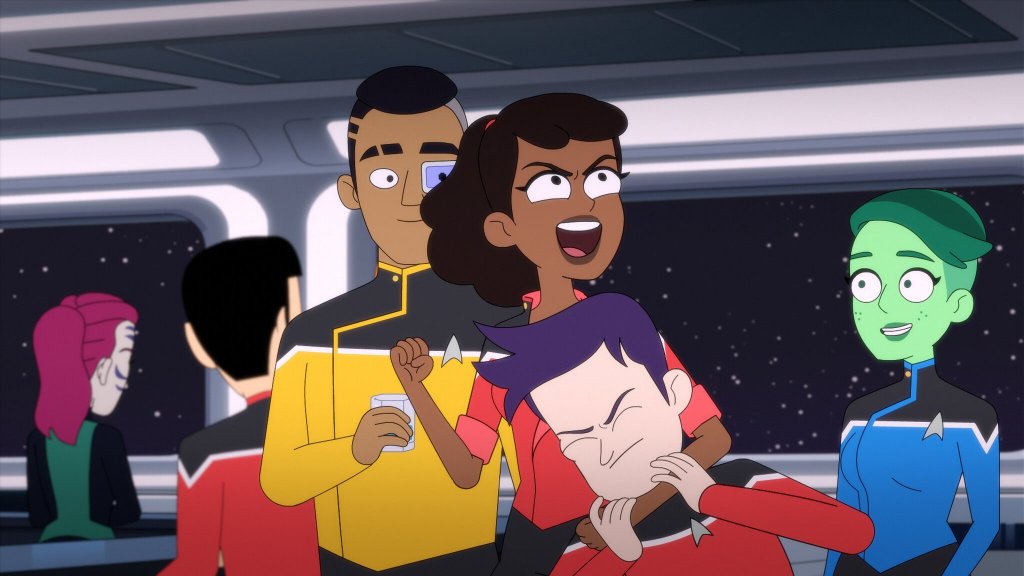
Critic/profilie writer par excellence Ken Tynan in 1966. Item No. 11 on my list should’ve been “Don’t smoke.”
So on Sunday evening I had the pleasure of talking with a dozen or so very smart high schoolers enrolled in the Shakespeare Theatre Company‘s Young Critics Program. They’ve seen and written about every show in the STC’s season this year, and heard from several other guest speakers. The invitation suggested a few topics and said I should be ready with material enough to speak for 30 minutes, with some additional time after that for questions and discussion. They wanted some basic biographical stuff and some inside-baseball stuff about writing for newspapers, but the part I was most interested in talking about is the basic set of principles I try to use when I write criticism.
I made notes. Since I already went to the trouble of typing them, I’d like to share them here.
I should acknowledge I’ve lifted at least a few of these from a talk my pal the great film critic Michael Phillips, currently of the Chicago Tribune, gave during an NEA fellowship I took part in in Los Angeles in 2009. Hail and thank you, Michael Phillips.
Also, please bear in mind I was trying to make my comments appropriate for an audience of precocious ninth-through-12th-graders. So people much smarter than I am, in other words.
Here’s what I said to them. Continue reading

















